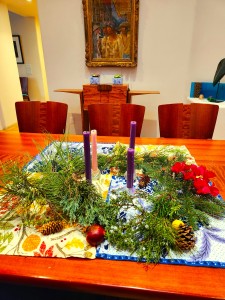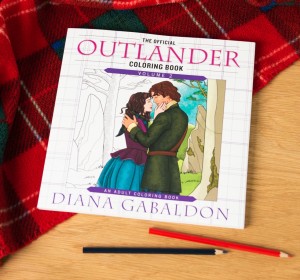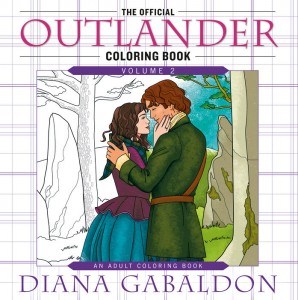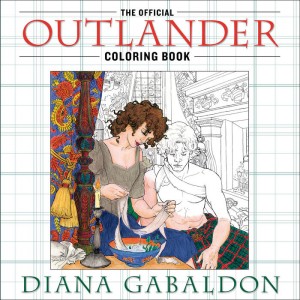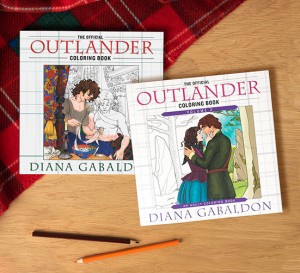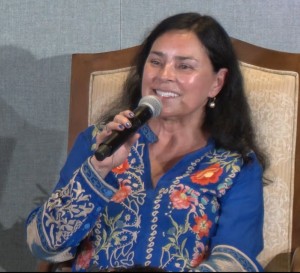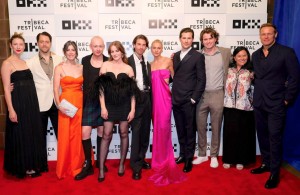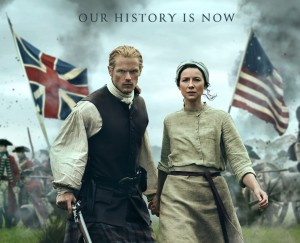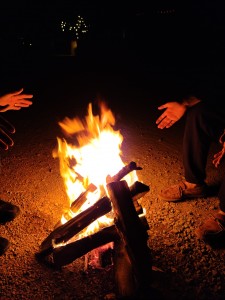Aside from the (no doubt) universal rejoicing at the fact that it’s my birthday <cough>—Penguin Random House would like to announce a couple of Really Entertaining new items. To wit:
THE OUTLANDER COCKTAILS BOOK – I wasn’t sure what this would be like, but it’s really gorgeous; the photography is fabulous! (The editor emailed me in great excitement, saying, “The cover looks so great I want a drink, and it’s only 9 AM!!”)
I agree, and I really only drink wine…. well, and the occasional wee snort of whisky, for medicinal purposes…
Whether you enjoy cocktails yourself, entertain a lot, or just know people who might enjoy a drink called “Rum, Sodomy and the Lash” before dinner—this is the perfect followup to a Dry January.*
https://bit.ly/outlandercocktails
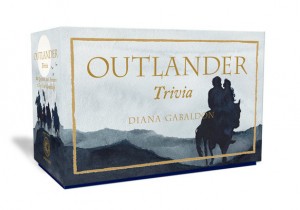 And what is the perfect thing to accompany a great cocktail? <think, think, think…> Why, OUTLANDER TRIVIA, of course! (I’m not saying you can’t play this game sober, but it might be even more entertaining after a round of inventive drinks, whether alcoholic or not (I believe OUTLANDER COCKTAILS does include some non-alcoholic treats, as well).)
And what is the perfect thing to accompany a great cocktail? <think, think, think…> Why, OUTLANDER TRIVIA, of course! (I’m not saying you can’t play this game sober, but it might be even more entertaining after a round of inventive drinks, whether alcoholic or not (I believe OUTLANDER COCKTAILS does include some non-alcoholic treats, as well).)
https://bit.ly/outlandertriviagame
* This is not (repeat NOT) messing with or insulting people who choose not to imbibe alcoholic beverages, for whatever reason. (I personally didn’t drink At All until I was forty. As it was, I started drinking because of Outlander, but that’s another story (which you’ll find in the Foreword to OUTLANDER COCKTAILS).)
Bliadhna mhath ùr! (“HAPPY NEW YEAR!” in Gaelic)
Arby’s Ears
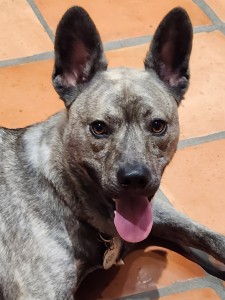 A number of people have commented on Arby’s ears (as well they might…). My husband refers to them as the Very Large Array—this being a U.S. government installation of a quantity of linked radio telescopes (gigantic radio telescopes) that we pass whenever we go to New Mexico by the northern route, through Socorro.
A number of people have commented on Arby’s ears (as well they might…). My husband refers to them as the Very Large Array—this being a U.S. government installation of a quantity of linked radio telescopes (gigantic radio telescopes) that we pass whenever we go to New Mexico by the northern route, through Socorro.
If you don’t live in that neck of the woods, I figured y’all might not ever have heard of the VLA, and might be interested. It’s Deeply Surreal to come across on that deserted desert plain….
https://public.nrao.edu/telescopes/vla/
“My shield and buckler…”
Today I also released a new excerpt for Book Ten, “My shield and buckler…”
These posts also appeared on my official Facebook page on Thursday, January 11, 2024.
If you like, please share your thoughts about this blog post by submitting a public web comment in the “Leave a Response” form below. Note that due to ever-present robotic web spam clogging up the works, my Webmistress or I have to go through and approve each comment individually to make sure it’s written by a human being. Spam filters don’t catch everything. So it will take time, sometimes a few minutes, sometimes a few days, for your comment to appear, unlike social media.
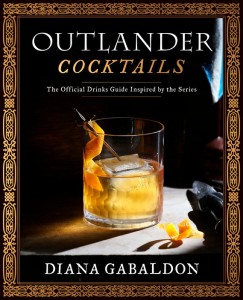
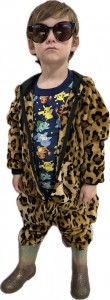
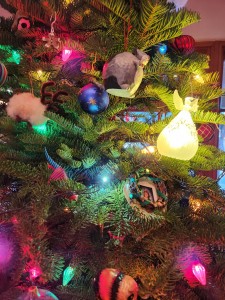 Happy New Year to one and all!
Happy New Year to one and all! It’s just after midnight, which means that it’s Christmas! Merry Christmas to everyone, whether for you it’s a religious celebration, a time of seasonal contemplation and renewal, or just a few days off work!
It’s just after midnight, which means that it’s Christmas! Merry Christmas to everyone, whether for you it’s a religious celebration, a time of seasonal contemplation and renewal, or just a few days off work!
